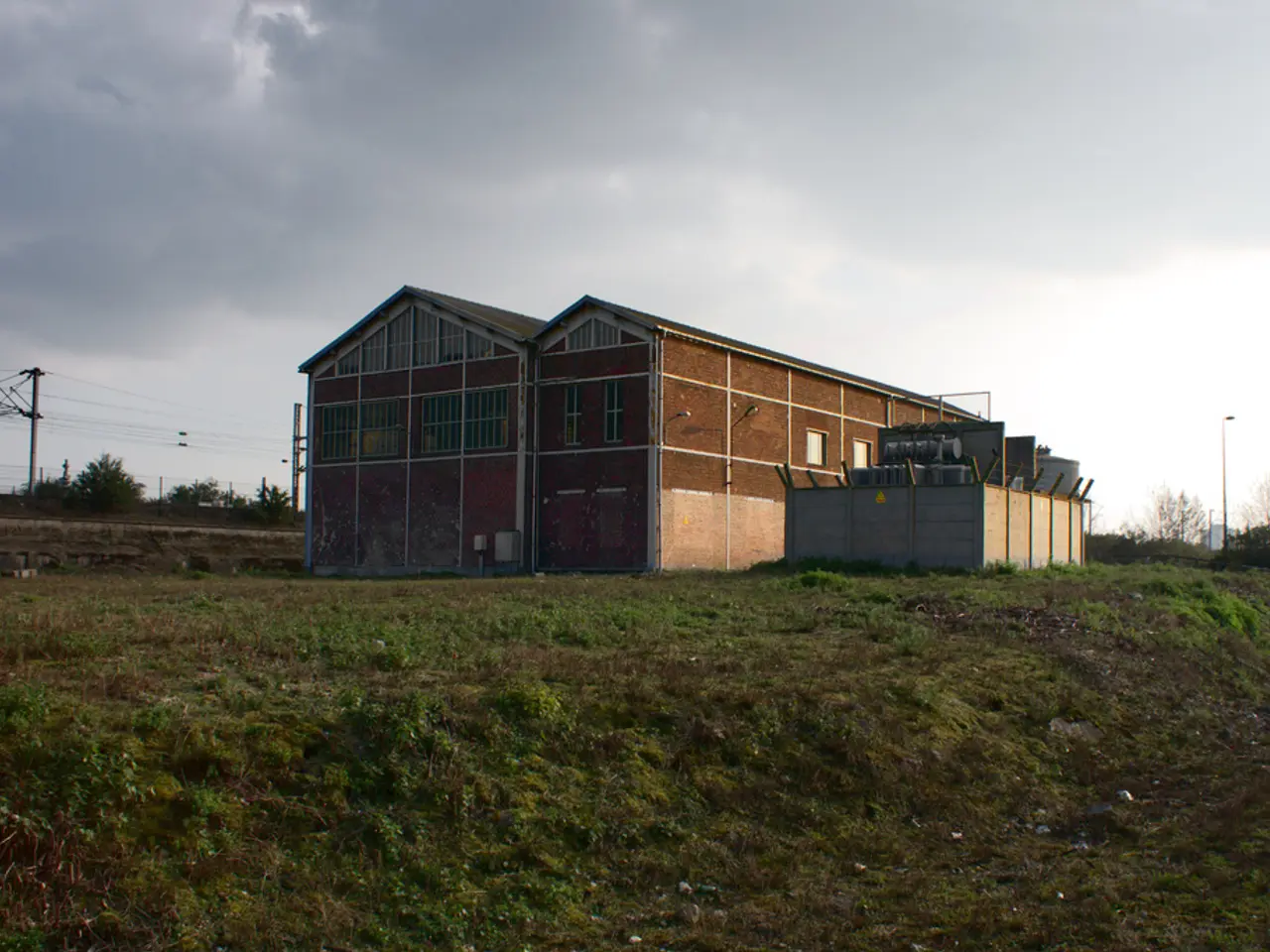Saving You Dough on Energy: Budget Reveals Lower Prices Ahead
Prices for energy should lower starting from January, as suggested by Klingbeil. - Energy costs forecasted to decrease starting from January, as per Klingbeil
Gearing up for some good news, folks! Germany's Finance Minister, Lars Klingbeil, has dropped a bombshell during a budget presentation in Berlin – a substantial drop in energy prices for consumers, businesses, and even households is on the horizon! brace yourselves for a happier wallet!
Here's the skinny:
- Say Goodbye to Gas Storage Surcharge: Klingbeil plans to alleviate the burden of the gas storage surcharge from consumers, making energy bills a bit lighter.
- Permanent Tax Reduction for Industry: The ministry aims to make the reduction in electricity tax for industries, agriculture, and forestry a permanent fixture, contributing to lower power bills for companies.
- Government takes a bigger slice of the pie: Good news for households and companies! The federal government steps up to cover a larger share of the costs of network expansion, which should help cut electricity costs for everyone.
With these three measures kicking off from January 1, Klingbeil hopes to supercharge public spending power and industrial competitiveness – all whilst steering the nation towards a renewable energy era. Boosting electricity supply security and climate protection, no longer solely dependant on electricity bills.
However, folks, be mindful of the nitty-gritty details: while energy prices have seen a significant decrease since the 2022 energy crisis, they're still high in certain sectors. The government's subsidies form part of a broader, ongoing transition towards renewables.
That being said, there have been whispers of controversy, mostly surrounding the extent of relief for consumers – particularly in the electricity tax department. Although the coalition agreement had promised a reduction of at least five cents per kilowatt-hour for everyone, the actual budget is more focused on lowering electricity tax for manufacturing companies and farms, leaving consumers and small businesses without the initially promised tax relief. As a result, households currently face high electricity bills, with tax and levies accounting for around 32% of their electricity costs. The average electricity rate, as of mid-2025, is about 39.69 cents per kilowatt-hour.
In essence, these January 2023 energy price reductions involve government support, including help with gas storage maintenance, permanent electricity tax cuts for industries, and increased contributions towards grid expansion costs. The aim is to lower energy expenses, while smoothing the transition to renewable energy sources. But remember, private consumers are not receiving the same level of tax relief promised by the government. Stay tuned for more updates on this evolving story!
The budget reform unveiled by Germany's Finance Minister, Lars Klingbeil, includes a permanent reduction in the electricity tax for industries, agriculture, and forestry, which may potentially lower power bills for these sectors and contribute to the employment policy within these industries.
Moreover, the government's plan to cover a larger share of the costs of network expansion could lead to reduced electricity expenses for both businesses and households, impacting the employment policy by making operations more affordable and potentially creating or retaining jobs. However, private consumers are not receiving the same level of tax relief promised, which could continue to burden their electricity bills.




